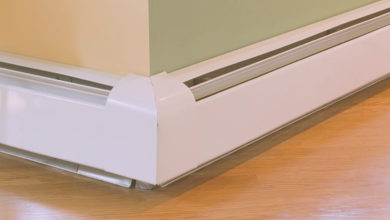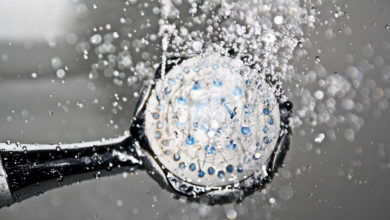If you are a homeowner, then chances are you already know the value of an efficient, well-oiled home heating system, and the importance of regular maintenance. Chances are, though, that you pay far more attention to your heater during the colder months, when it is most in use. When summer hits, though, it is easy to forget all about your home heating system – and to let that regular maintenance lapse. This is the time, however, that you should be MOST concerned with taking care of your heating system. Worry about your heating system in the summer, and you won’t have to worry about it in winter when you need it most. How to maintain your heating system in the summer, though? Well, that is the question we are here to answer. Read on to find out more.
Why maintain your heating system in the summer?
Before we proceed though, why is it a really good idea to maintain your heating system in the summer? First of all, it enables you to be fully prepared come winter-time. If you need any major repairs or upgrades done on your home heater, then summer is the time to do them. Otherwise, you stand the risk of your heater breaking down during the coldest time of the year – leaving you without any heat at all for several days at least. Another thing to consider is that fixing a malfunctioning heater during the winter tends to be more expensive than when the same job is done during summer. Finally, if you know that your heater has already been maintained by the time winter arrives, then this will give you a feeling of peace and security as the days start to shorten.
How then do you best go about maintaining your home heating system during the summer?
Change over the filters
You should check your furnace filters at least once every month -, throughout the year, summertime included. At this time they should at the very least be cleaned – some will need to be replaced almost as often as well, especially if there is a lot of dust in your house and they get very dirty. Clean furnace filters keep dirt, dust, and debris from being blown into your house as the heater operates – they also prevent it being blown into the heater unit itself and hampering its ongoing efficiency and lifespan.
Check the thermostat
Another essential part of your summer home heater maintenance is to check the thermostat on your heater. Test your thermostat to see that your heater will turn on when you need it – otherwise, you could end up wasting a lot of money heating your home when it isn’t necessary. if you have a zoned heating style system that includes multiple thermostats, then be sure to test each one of them separately. If your thermostat is out of whack, then there may be something wrong with the electronic components or wiring that’s inside of it. If this is the case, then fixing your thermostat could cost you quite a lot of time and money – better to solve the problem several months out from winter, when you need the heater most than to leave it to the last moment.
Clean out the drainage hole
All home heaters and air conditioners contain a drainage hole or sink at the bottom of the unit. Its purpose is to prevent the build-up of moisture and other detritus from the surrounding environment – which occurs especially with heating systems that rely on heat pumps to cool and heat air. If too much moisture gets into your system, there is a risk that damage will be caused to the electronic and other components. Summer is a good time to check the drainage hole for clogs and the like, in particular, if you have a reverse cycle system that both heats and cools the air. After all, the unit will be in heavy use during the summer months, and this is when clogs are most likely to occur.
Keep it all clean
Not just the drainage hole of your home heating system, but also any air vents, floor registers, and other components also collect dirt, dust, and debris over time – and will benefit from regular cleaning. Summer is a good time to give them an extra thorough, deep clean. Fire up your vacuum cleaner and go over these areas to remove all surface dirt and grime – then grab yourself a rag, brush and household cleaning agent so you can clear out all the cracks and crevices. Very dirty vents may need to be taken out of the heater unit, disassembled, and then soaked in warm water with soap or another cleaning agent to dislodge grime and grit.
In fact, your entire home heating unit will benefit from a thorough clean. The build-up of dust, debris and grime hinders the efficiency of your heater and can also reduce it’s lifespan if you let the problem go unchecked. A clean heater – or air conditioner, for that matter – also promotes a cleaner, healthier indoor environment since you aren’t recirculating dirty air every time the unit is running.
Once again, summer is a good time to perform a thorough deep clean of your home heating system, as this tends to be a time-consuming process – and of course, can’t be performed whilst the heater is running! Don’t leave the job until winter when you need the heater to be on for many hours per day. You don’t want dirty, dusty air circulating through your home with no opportunity for you to escape – or for the air to escape (given that all the windows and doors are shut to keep out the cold).
Conclusion
There you have it then! Avoid being stuck with a malfunctioning home heating system during precisely the time of the year that you need it most. Instead get your system up to scratch during the summer months, and enjoy the feelings of security and peace of mind that come from knowing your heater will be right to go come winter-time. As we’ve seen, it’s a pretty straightforward process as well – most tasks you shouldn’t have any problem performing by yourself.




